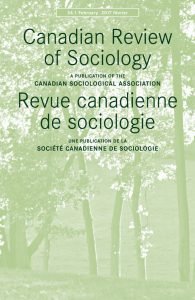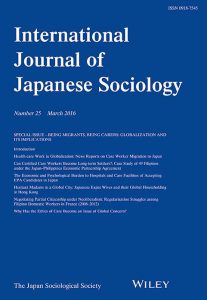Bull Market, Bear Market, Chihuahua Market?
by bmckernan
 For decades, social scientists interested in studying ideology have been grappling with how to appropriately examine cultural texts. On the one hand, scholars such as Adorno assert that popular texts should be primarily treated as superficial products designed to not only distract audiences but also to deny them critical agency. On the other hand, Gramsci’s conceptualization of ideology views popular culture as one possible method employed by the dominant classes to route potentially destabilizing sentiments into more ideologically safe harbors. A recent article in the NY Times on Hollywood’s efforts to grapple with the current financial crisis touches upon both these themes. In language similar to that of Adorno, the article argues that the current popularity of the children’s film Beverly Hills Chihuaha and the action oriented film Max Payne may be seen as a sign that Americans are looking for lighter, more “care-free” movies to help them escape from these stressful times. Alternatively, the article proposes that given the current economic climate, America may instead witness an increase in the number of Hollywood projects centered on morally bankrupt businessmen. This sentiment was perhaps best reflected by Michael Douglass’s stirring performance as the morally bankrupt Gordon Gekko in the critically acclaimed Wall Street, a film released during the harsh economic climate surrounding the 1987 financial crisis. Of course, as Gramsci would note, in Wall Street the system is ultimately preserved as the antagonist is seen as embodying not the moral woes of the entire system, but rather as a member of a small group of “bad apples” that must be weeded out. No matter which approach one chooses, there is certainly no question that they both offer important insights for social scientists to keep in mind during this turbulent period.
For decades, social scientists interested in studying ideology have been grappling with how to appropriately examine cultural texts. On the one hand, scholars such as Adorno assert that popular texts should be primarily treated as superficial products designed to not only distract audiences but also to deny them critical agency. On the other hand, Gramsci’s conceptualization of ideology views popular culture as one possible method employed by the dominant classes to route potentially destabilizing sentiments into more ideologically safe harbors. A recent article in the NY Times on Hollywood’s efforts to grapple with the current financial crisis touches upon both these themes. In language similar to that of Adorno, the article argues that the current popularity of the children’s film Beverly Hills Chihuaha and the action oriented film Max Payne may be seen as a sign that Americans are looking for lighter, more “care-free” movies to help them escape from these stressful times. Alternatively, the article proposes that given the current economic climate, America may instead witness an increase in the number of Hollywood projects centered on morally bankrupt businessmen. This sentiment was perhaps best reflected by Michael Douglass’s stirring performance as the morally bankrupt Gordon Gekko in the critically acclaimed Wall Street, a film released during the harsh economic climate surrounding the 1987 financial crisis. Of course, as Gramsci would note, in Wall Street the system is ultimately preserved as the antagonist is seen as embodying not the moral woes of the entire system, but rather as a member of a small group of “bad apples” that must be weeded out. No matter which approach one chooses, there is certainly no question that they both offer important insights for social scientists to keep in mind during this turbulent period.
![]() “The Relationship between Images of God and Political Ideology in a Cross-Cultural Analysis”
“The Relationship between Images of God and Political Ideology in a Cross-Cultural Analysis”





1475-6781/asset/JSS.gif?v=1&s=377bb8e0c3d0fcf201f301ded7cf610142072c3e)
1728-4457/asset/PopulationCouncilLogo.jpg?v=1&s=03074651676b98d6b9d0ef1234bd48fe7ff937c3)